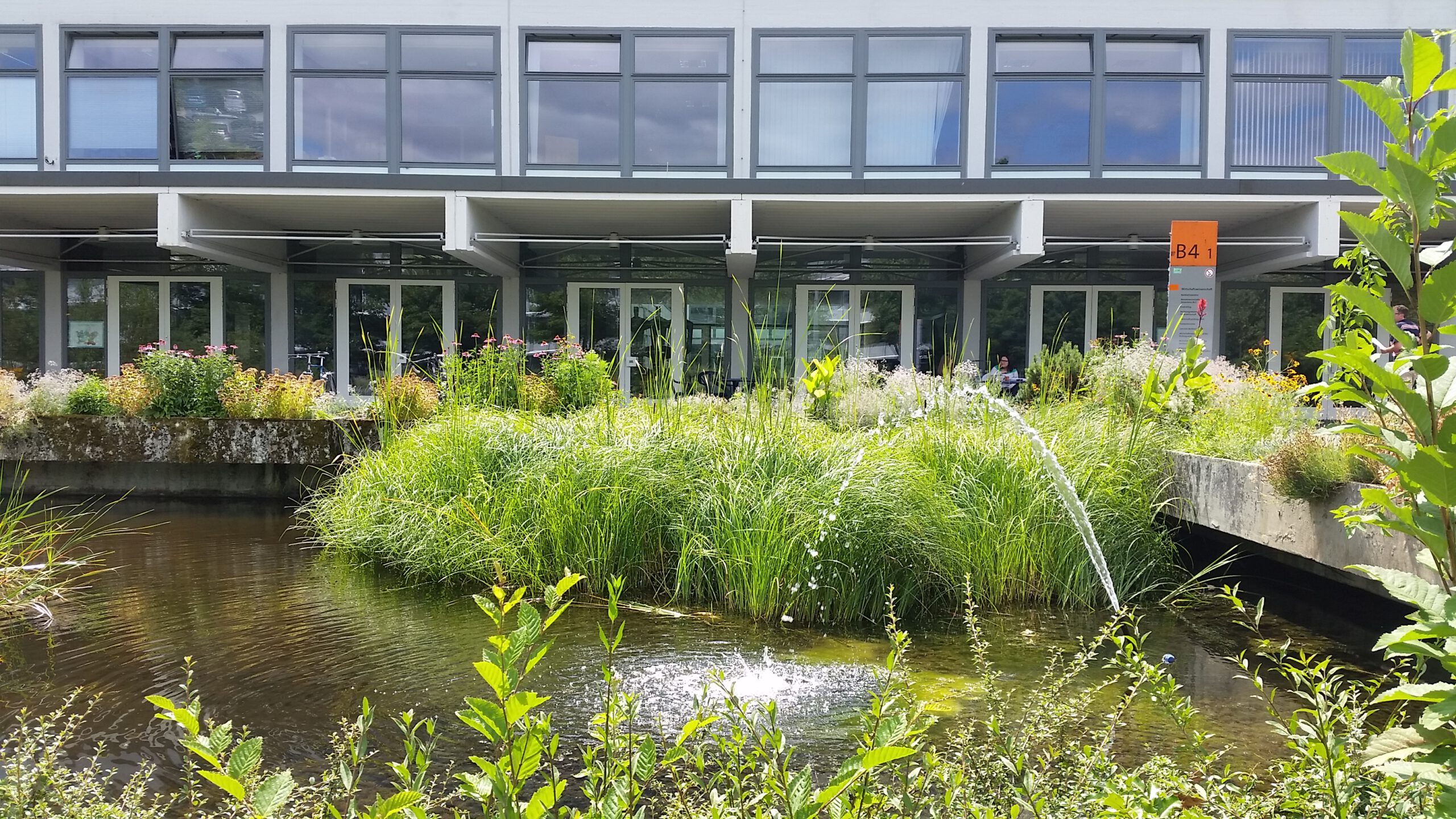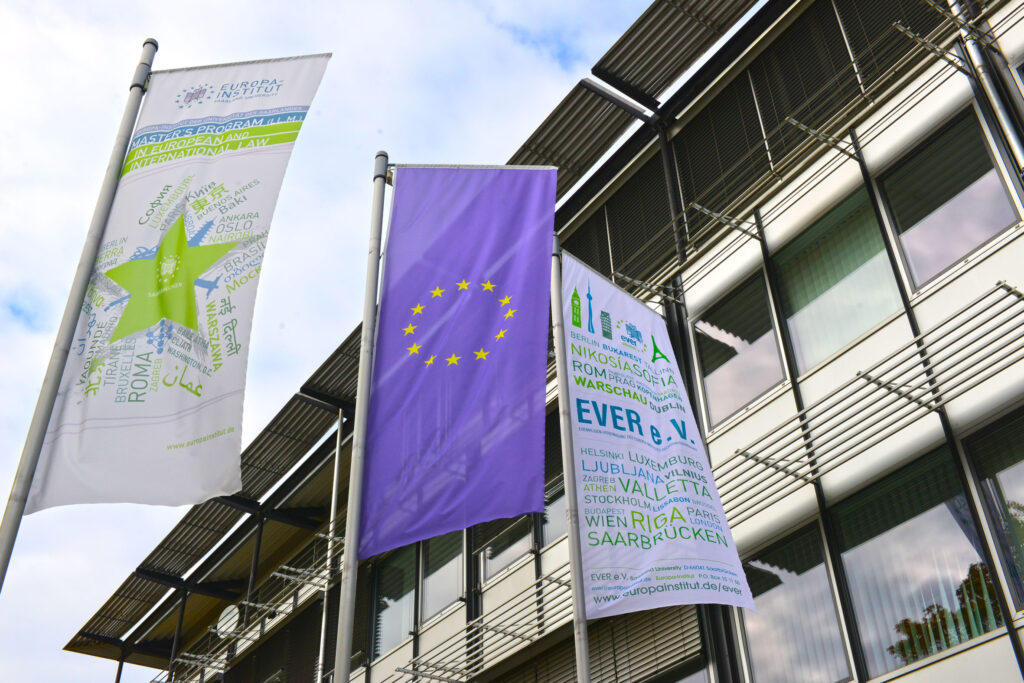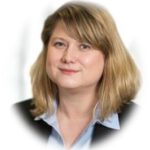Saarland University, Faculty of Law,
Europa-Institut
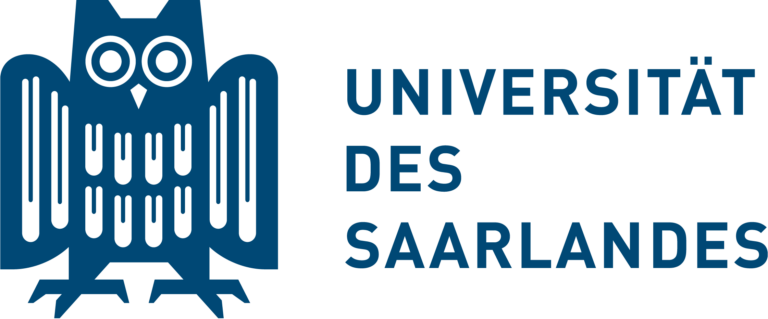
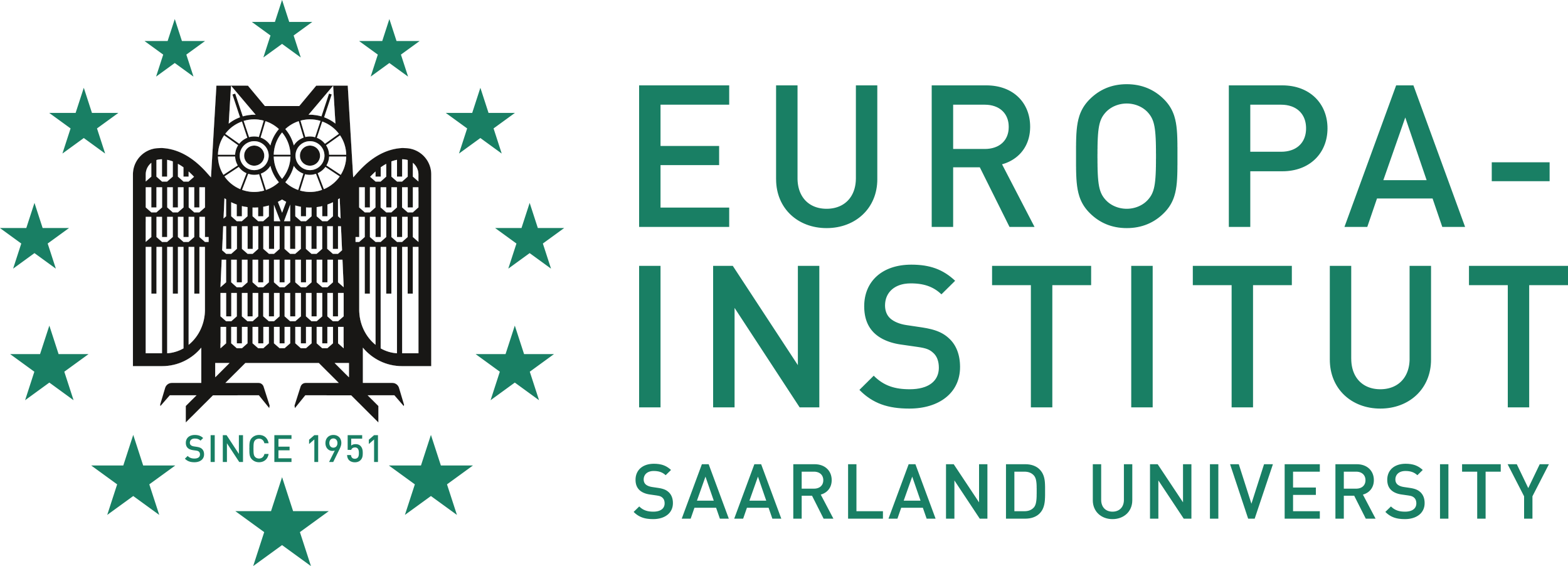
FOUNDATION AND KEY FACTS ABOUT THE UNIVERSITY
- Founded in November 1948
- Originally bilingual (French-German)
- Unique European Perspective
- Courses in various disciplines (6 Faculties)
- 1 out of 6 Members of the University of the Greater Region
FOUNDATION AND KEY FACTS ABOUT THE FACULTY
- One of the founding faculties of Saarland University
- Approx. 2570 students
- Particularity in legal education: „Saarbrücker Modell“
- Law Library: Deutsch Europäisches Juridicum (DEJ)
- Long standing tradition in teaching and researching in European and International Law
- Centre juridique franco-allemand
- Institute for legal informatics
- Erasmus cooperation with 56 Partner Universities
FOUNDATIO AND KEY FACTS ABOUT THE EUROPA-INSTITUT
- Founded in 1951
- Part of the Law Faculty of Saarland University
- Engaged in teaching and research in European and international Law with a particular emphasis on European integration
- Research Activities include: human rights issues, the European Union and its policy areas, the international trade system, the resolution of international conflicts , and the challenges arising from the deepening of European integration for both Member States and candidate countries
- High number of different publication (e.g. ZEuS)
- Specialised legal library (also on of the 40 EDCs in Germany)
STUDIES AT THE FACULTY
- German law studies leading to the first state examination in law
- standard study duration is 8 semesters
- all areas of law are taught: criminal law, public law and civil law
- in the 7 and 8 semesters, one of the 9 areas of specialization can be chosen:
- “German and International Contract and Commercial Law
- “German and International Tax Law”
- “German and European Labor and Social Law”
- “International Law, European Law and Human Rights Protection
- “German and international information and media law”
- “German and International Criminal Law, Business and Tax Criminal Law”
- “French Law”
- “German and European Private Insurance Law”
- “IT Law and Legal Informatics”
STUDIES AT THE EUROPA-INSTITUT
- One-year postgraduate master programme in “European and international Law” (Master of Laws, LL.M.)
- Students from over 30 countries
- Lecturers from Saarland University & from all over Europe (including top officials from EU Institutions and the Council of Europe)
- Six special study units
- Certified by ACQUIN
- Award of CeQUInt
PROGRAMMS FOR LEGAL PRACTICE
- Moot Courts:
- Willem C. Vis International Commercial Arbitration Moot Competition
- FDI International Arbitration Moot
- EuGH Moot Court
- Simulation
- EuroSim
- Legal Clinics
- Refugee Law Clinic Saarbrücken e.V
- Certificate in transversal competences for lawyers:
- a special course to train transversal competences
- can be acquired by all students of law from the 3rd semester (up to the 6th semester)
- divided into 4 modules (1 per semester), each of which has a scope of 20 – 40 teaching hours and is made up of lectures and events in small groups
- Prerequisite for the attendance of the next module is the successful participation in the previous module.
- Only the attendance of the lecture rhetoric and communication (“Rhetorik und Gesprächsführung”, Event 1 in Module I) in the 3rd semester is obligatory for all students at the Law Faculty
- limited number of places available
- topics of the modules range from rhetoric & conversation, interaction with (victim) witnesses, mediation, client-lawyer interaction and psychology of perception, to the simulation of a court hearing and cross examination
- certificate “key competencies for lawyers” is awarded to those who have successfully completed all 4 modules
FACULTY WEBPAGE: Faculty of Law | Saarland University (uni-saarland.de)
EUROPA-INSTITUT WEBPAGE: Europa-Institut: Europa-Institut
Project Team
Prof. Dr. Thomas Giegerich LL.M. (Project Leader)
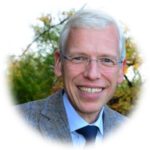
- He holds the Chair of European Union Law, Public International Law and Public Law as well as Jean Monnet Chair for European Integration, Antidiscrimination, Human Rights and Diversity at the Faculty of Law at Saarland University
- He is also Director of the Europa-Institut.
- His publications include numerous books, chapters and articles on various topics of Antidiscrimination Law, Human Rights, European Union law, international law and (comparative) constitutional law.
Prof. Dr. Nikolaus Marsch, D.I.A.P. (ENA)
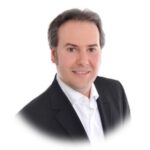
- He holds the Chair of Constitutional and Administrative Law (W3) at Saarland University.
- Previously, he was director of the Institute for Information and Business Law at the Karlsruhe Institute of Technology (KIT), where he held the chair for public law, in particular public information law, data protection law and regulatory law.
- At Saarland University he e.g. teaches the module in German and International Information and Media Law.
Ass. iur. Mareike Fröhlich LL.M.
(Project Coordinator)
- Mareike is head of the SEE|EU Cluster of Excellence in European and International Law.
- She is research associate and project coordinator for several international research and teaching projects at the Europa-Institut of Saarland University.
- She studied law at the Friedrich-Wilhelms-University Bonn and holds a LL.M. degree in European and International Law of the Europa-Institut.
- She worked on several Evaluation Sheets and published articles concerning topics like liberalisation of EU market in telecommunications, the potential influence of Free Trade Agreements on Competition Law etc.
M.A., Dipl. Bibl. Katrin Lück
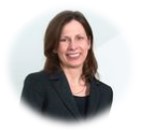
- Katrin is an experienced librarian in the field of European and International Law.
- For several years she has been responsible for the training in the academic research of the students of the Institute.
- She is also part of an international library network, which has set itself the task of exchanging best practices in the field of academic work and creating e-learning modules in this field for the wider public.
Ass. iur. Christina Backes
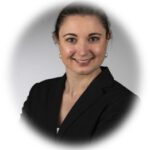
- Christina is a research associate at the chair of Prof. Dr. Thomas Giegerich LL.M.
- She has already gained experience in project work as a project manager in a Jean Monnet Chair and as a staff member in other projects.
- She has expertise in the cross-sectional area of gender-relevant topics through her participation in a project that aims to establish a master’s programme with a focus on gender-related issues in law.
Ass. iur. Karoline Dolgowski
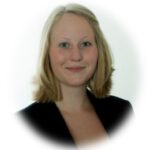
- Karoline is a research associate at the chair of Prof. Dr. Thomas Giegerich LL.M. and also a PhD candidate.
- She has already gained a great deal of experience in various areas of teaching and academic work.
- Among other things, she was responsible for the creation and planning of various courses, seminars and trainings.
- Particularly noteworthy is her work with students in the area of acquiring the
basics of scientific work where she focused mainly on the use of modern technology as a tool for creating own scientific texts and papers.
Julia Jungfleisch
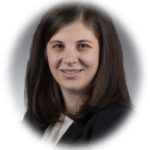
- Julia is a research associate at the chair of Prof. Dr. Thomas Giegerich LL.M. and also a PhD candidate.
- She has extensive experience in teaching.
- She has also already gained experience in project management. Together with Christina Backes, she was responsible for the organisation of an international conference within the framework of the
Jean Monnet Chair.
Katharina Koch
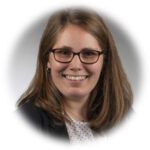
- Katharina is a research assistant at the chair of Prof. Dr. Thomas Giegerich LL.M. and also a PhD candidate.
- She has an outstanding competence in the field of digitalisation.
- Her personal research project deals with hate speech on the Internet, whereby she is particularly interested in the extent to which existing rules can be applied on the virtual level.
- In addition, she regularly leads a workshop for students as part of the postgraduate program at the Europa-Institut, which deals with the specifics of scientific work in the digital age and aims to give students an understanding of these skills.

